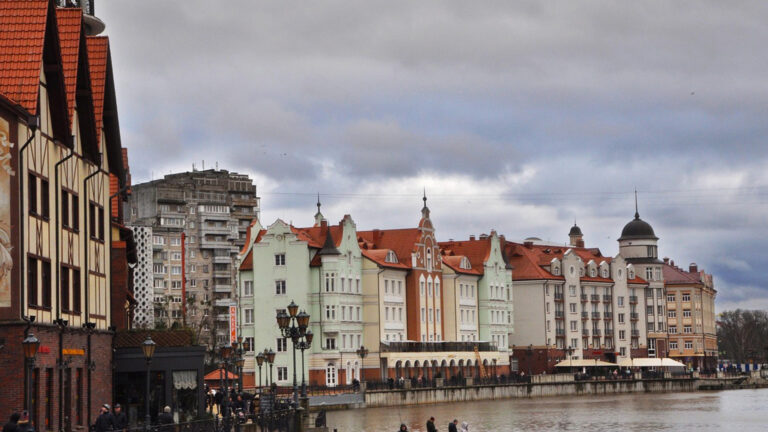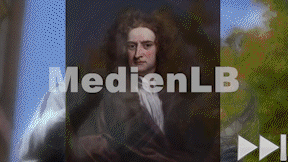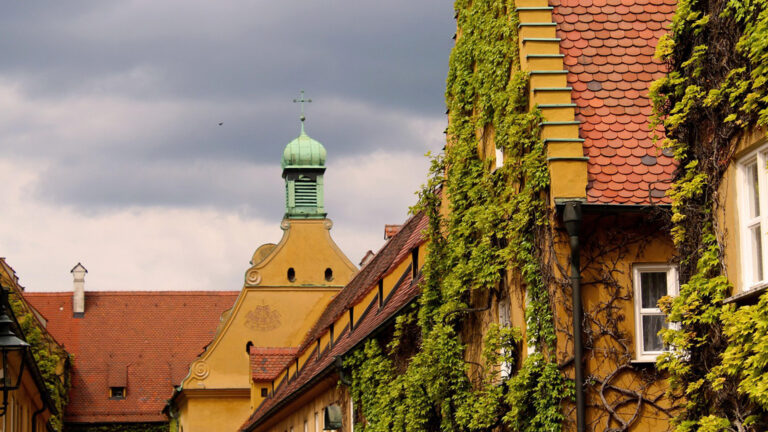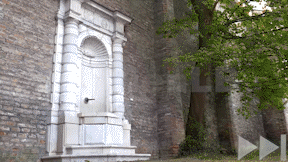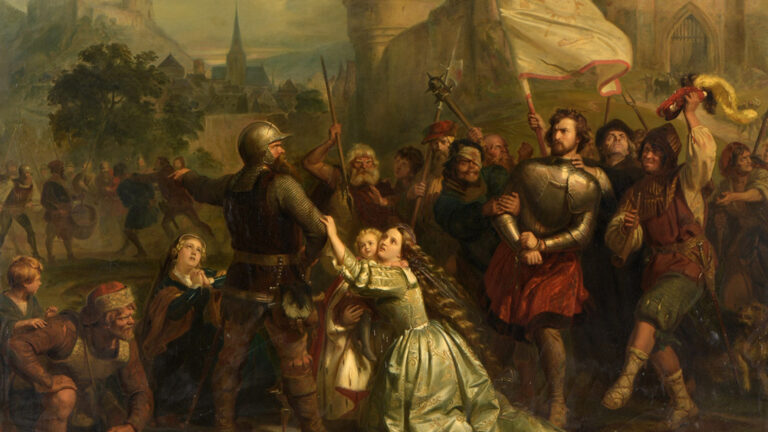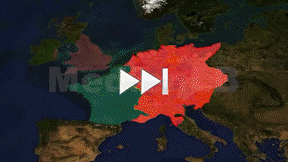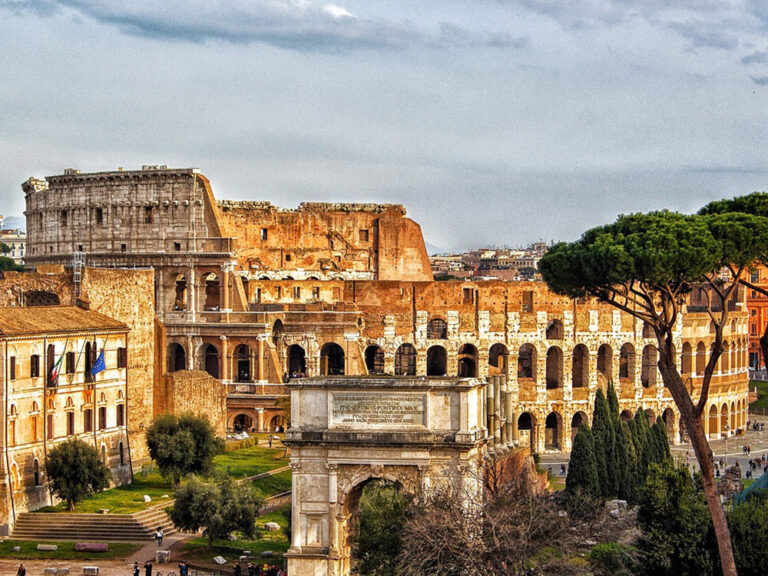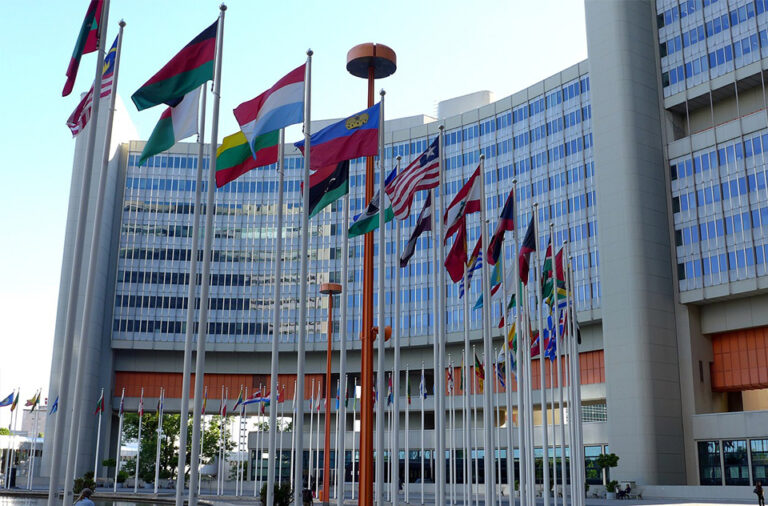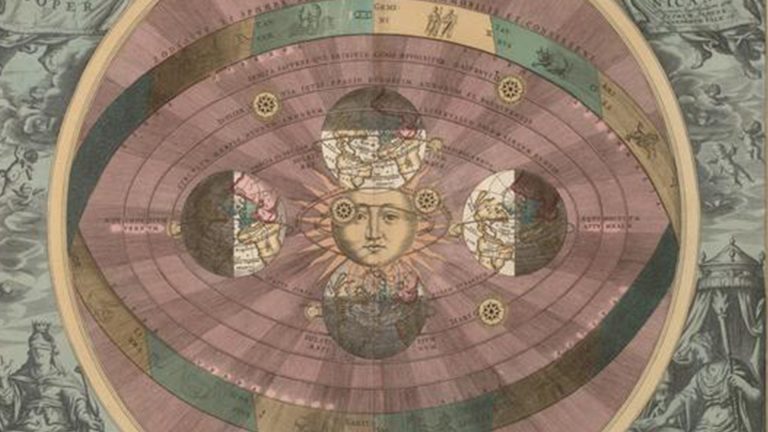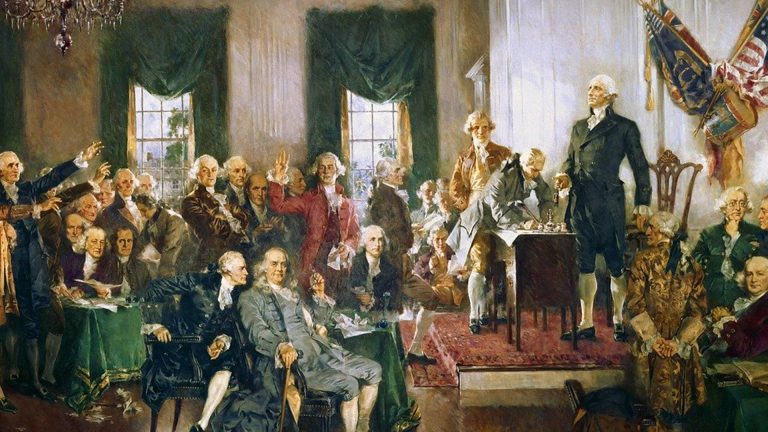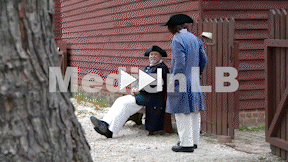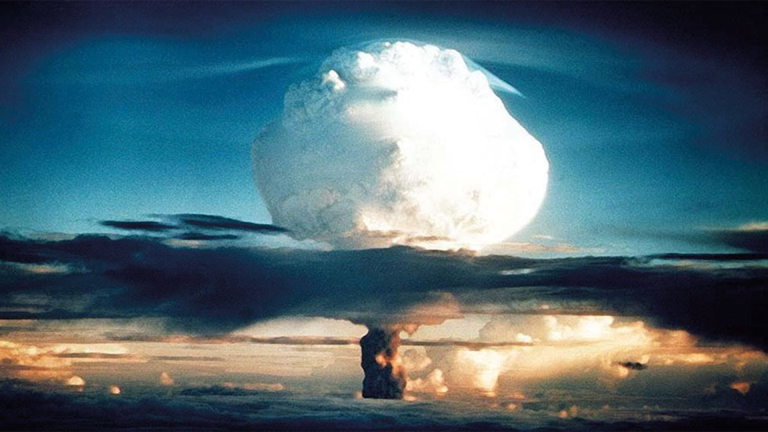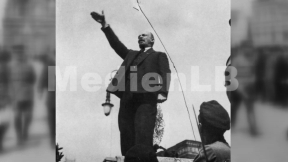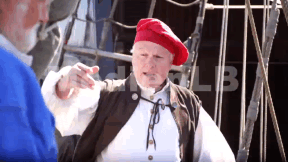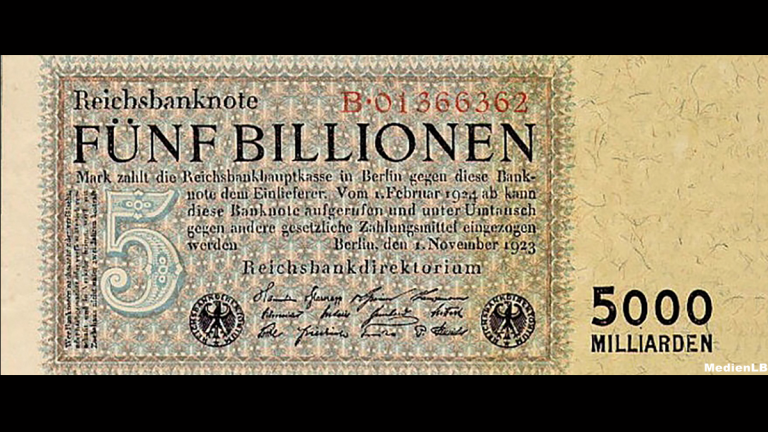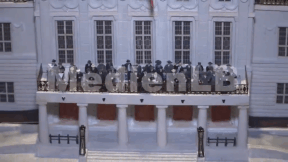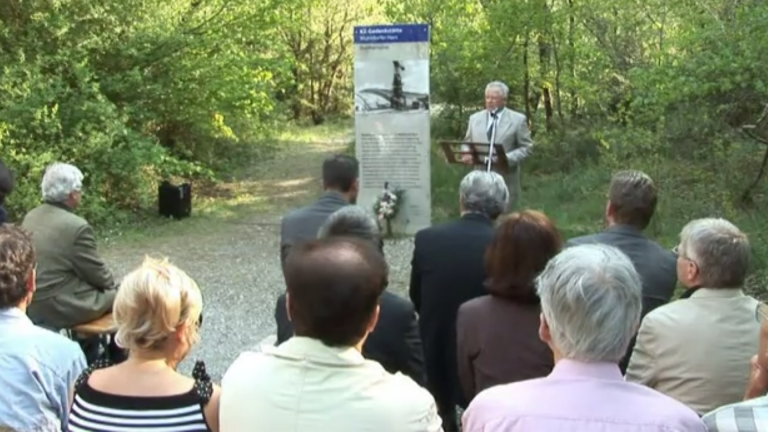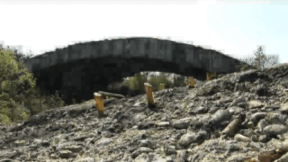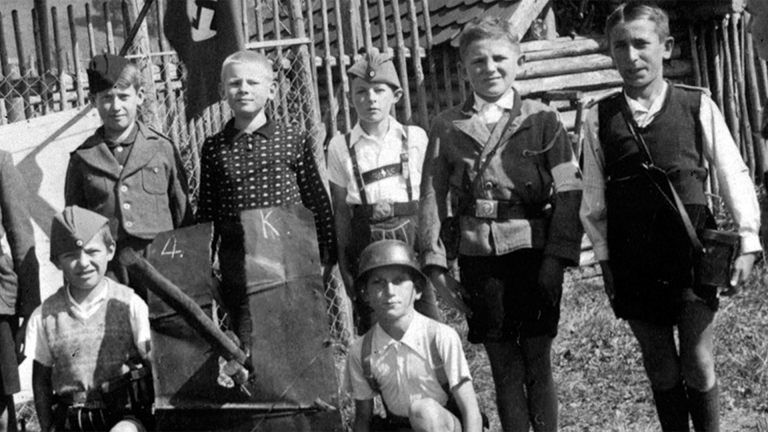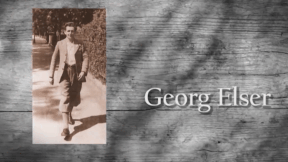Suche:
- # Artistry
- # Biology
- # Chemistry
- # Ecological
- # Economy
- # English
- # Foreign Language
- # Geography
- # German
- # Health
- # History
- # Informatik
- # Latin
- # Mathematics
- # Media Education
- # Music
- # Physics
- # Politics / Civics
- # Preschool
- # Primary School
- # Religion
- # Society
- # Sports
- # Technology
- # Training of Teachers
- # Vocational Education
Immanuel Kant
Der Film führt in die Epoche der Aufklärung und zeigt, wie Kant mit seiner „kopernikanischen Wende“ das Denken revolutionierte.
Learn moreDie Fugger
Der Film erzählt die Geschichte der Augsburger Familie Fugger, die vom Weberhandwerk zum ersten multinationalen Konzern der Welt aufstieg.
Learn moreBauernkrieg
Der Film beleuchtet Ursachen, Verlauf und Folgen des Aufstands von 1524–1526.
Learn moreTerme & Gleichungen (Kopie) (Kopie) (Kopie)
Das Medium bietet H5P-Aufgaben an, die ohne zusätzliche Software verwendbar sind. Das Medium enthält interaktive Videos und 50 H5P-Aufgaben zum Thema Terme & Gleichungen.
Dekolonisierung nach 1945
In unserem Arbeitsheft "Dekolonisierung nach 1945 - Geschichte 10, Vol. 2" finden Sie 50 unterschiedliche interaktive und didaktisch aufbereitete Aufgaben.
Learn moreKopernikanische Wende
Die Renaissance war eine Zeit des Umbruchs in Europa, geprägt vom Wiederaufleben des Interesses an Kunst, Wissenschaft und Wissen aus der Antike.
Learn moreAmerikanische Revolution
Die amerikanische Unabhängigkeitserklärung von 1776 formuliert nicht nur die Gründung der Vereinigten Staaten von Amerika, sondern ist auch Ausdruck des siegreichen Höhepunkts der amerikanischen Revolution.
Learn moreIndustrialization (Kopie)
This DVD treats the different working and living conditions of people in the Ruhr valley around the year 1900 and refers to the thesis of the sociologist Li Fischer-Eckert. She conducted interviews with working class women on their living conditions in the workers’ housing estates in 1911 and 1912. Based on her findings, she divided the workers in four classes: The first one has a “cosy home without luxury or deprivations”, those in the second class live “on the verge of deprivation”, the poorer workers “are defeated by unfavourable conditions” and those in the fourth class live in “complete neglect”. With the kitchen-cum-living-rooms set up in the Ruhrland Museum, which are shown and described in the film in an impressive way, a direct insight is offered into the workers’ lives. Furthermore, work in heavy industry and mining, the strict reign of the employers as well as the changes in social policy and the workers’ fight for their rights are discussed.
Learn moreHansa
Since the 11th century the population in Europe was growing. The reason for it was, among other things, an increase in agricultural production due to a good climate.
Learn moreThe Weimar Republic
In the heart of the federal state of Thuringia, there is the small town of Weimar, in which the cultural histories of Germany and Europe are blended together in a confined space.
Learn moreRemembrance or Oblivion
The DVD provides an overview of the setting up of the concentration camps in the vicinity of Mühldorf on the Inn. Thousands of prisoners worked there from 1944 up to the end of World War II, building an arms bunker. It was planned as a production site for a jet plane that – as a wonder weapon – was believed to bring about the decisive turn-around in the war. The camp of Mettenheim and Forest Camp V were orga- nisationally linked to the main camp of Dachau as additional camps. The arms bunker was never completed, but blown up after the end of the war and now, as a ruin, reminds us of the „extermination through work“ associated with its construction. With the example of Mühldorf, the film documents how we can obtain information today on a long ignored part of our his- tory, how we can build memorials and remember the victims in a dignified way. Contemporary witnesses emphasise how important it is for the future to remember National Socialism. Our young people, who grow up in times of an ever-increas- ing temporal distance to the holocaust, must be warned against letting something similar happen again.
Learn moreGeorg Elser
Who is this boy who almost killed Hitler later in his life? But for a gap of only a few minutes he would have decisively changed world history. Perhaps this boy would be hailed as a hero of German history today if his attack on Hitler had proceeded as he had planned? Who is this Georg Elser, who comes from a rather modest background and grew up in a small Swabian village far away from the big cities? And how did it happen, anyway, that he set out alone against Hitler? And why is it that this Georg Elser, who nearly changed the course of the world, is still so little known in Germany?
Learn more



